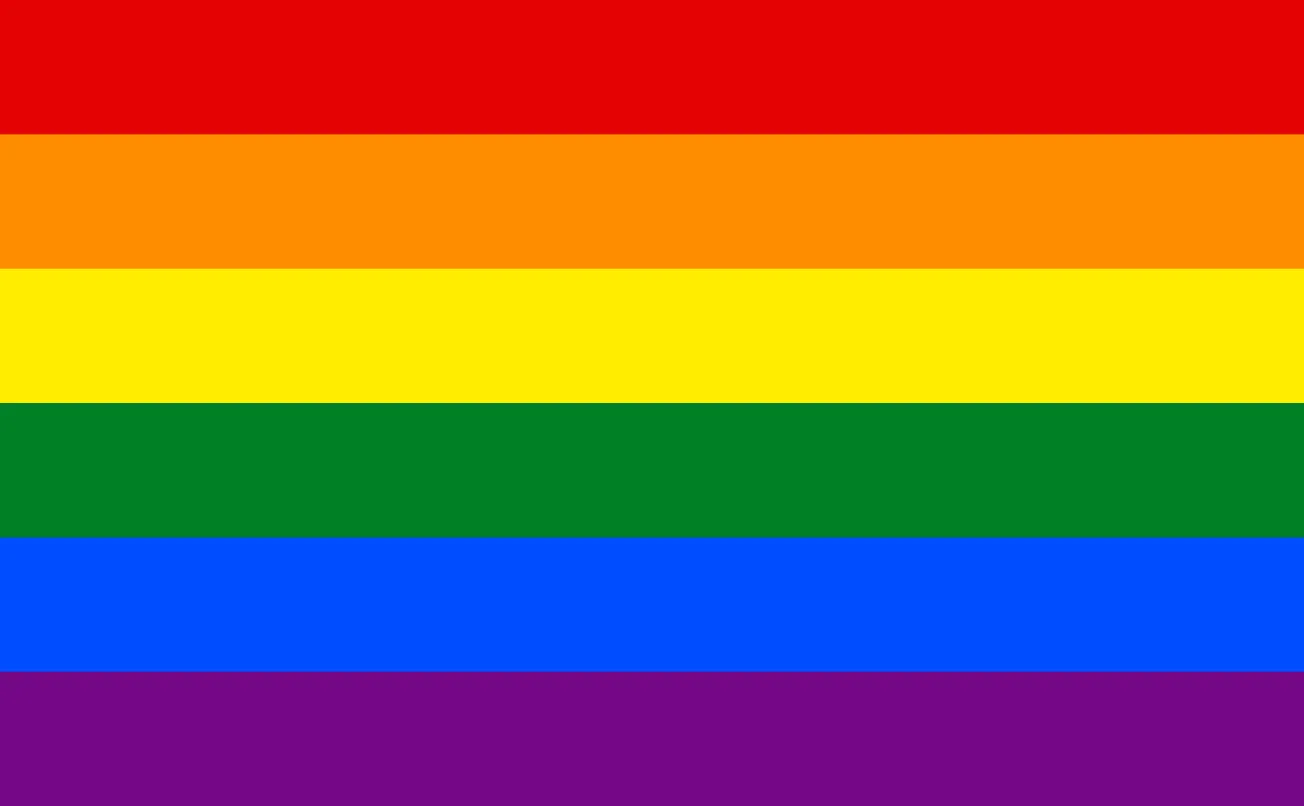Table of Contents
However, this worry does not substantiate the arguments in a recent op-ed titled “Marriage does not unite us” that was published in the Stanford Daily. According to the author, “[g]ay marriage is a strategic tool to obfuscate and pacify gays “ and the ability to have a romantic relationship treated with dignity by the government is a form of subtle oppression. The ability to visit a spouse in prison, to support him or her in the hospital, and to have primary custody over children in the event of death or divorce are, supposedly, “not, as it is romanticized, a way to celebrate love, but a way to dole out financial and social benefits”.
The author does not cite sufficient evidence to support a conception of gay marriage as a form of oppression. The endorsement of Britain’s conservative Prime Minister David Cameron seems to be enough to condemn the entire concept; his support of gay marriage is the only explicitly cited quotation throughout the article that seemingly supports the idea that gay marriage is oppressive. The author fails to explain how conservatism is linked to oppression. The author cites several other articles in the piece for further reading, but they are not quoted and many of the articles are either only tangentially related to the points they allegedly support or they are of questionable verifiability.
For example, the evidence the author cites to support her point that “The public has been force fed the lie that when marriage equality is achieved, everyone — gay and straight! — will be fully equal,” is a Q&A where members made radical claims, casting marriage as a mechanism that “function[s] to police racial borders and preserve white privilege.” Nothing in the Q&A with the exception of a statistic about foster children is supported by any hard evidence past the 1970s. Another nearly decade old citation seriously considers the theory that gay marriage is “actually being tested in various states by the Far Right in disguise, in an effort to cause major fractures in the Democratic Party to distract from all the possible roadblocks to re-election for George W. [Bush].”
Moreover, the bulk of the arguments in the Daily’s article do not meaningfully address marriage itself; instead they highlight only various tragedies surrounding poverty, immigration, and gender politics. The author poses the question:
How will marriage help the estimated 15,000-50,000 undocumented, transgender adults, many of whom face rape, abuse and trauma in ICE detention centers? … [o]r the 40 percent of homeless teens who are queer, who have few job prospects, few safe housing options and often have to resort to survival sex to stay safe?
These issues deserve national attention. However, the idea that all social progress in a certain area — in this case, gay marriage — should be held hostage until all social ills can be cured is, at best, misguided, and at worst, radically socially conservative. Following the logic in the article, the author might also argue against the legalization of interracial marriage because systemic racism has persisted after that decision. Even if the author’s wishes were granted, how would society function after “abolish[ing] the prison and police?” Why does a suffering threshold need to exist before a struggle is deemed worthy of attention?
It is uneducated rhetoric like this that makes me embarrassed to identify as a liberal. It is illogical rhetoric like this that builds up straw-men arguments for social conservatives fighting against marriage equality. It is inflammatory rhetoric like this that causes those with the power to change our society to close their ears and minds. It is harmful rhetoric like this that should have no place at Stanford, especially at the* Stanford Daily*, the longest established publication at our university, where many people look to gain a glimpse at our collective student psyche. Marriage equality is something that has been the focus of the hopes and desires of millions. It does not deserve to be dismissed.
Note: The title of this article was changed from “In Response to the Stanford Daily’s Attack on Gay Marriage” to “In Response to an Attack on Gay Marriage in the Stanford Daily” to reflect that the op-ed does not reflect the publication’s official stance on the subject.





